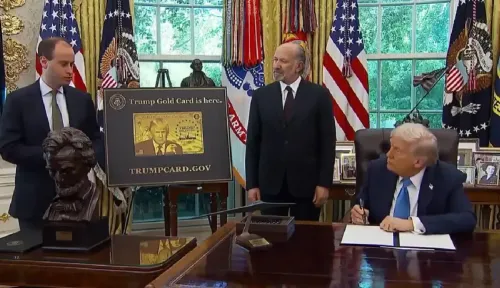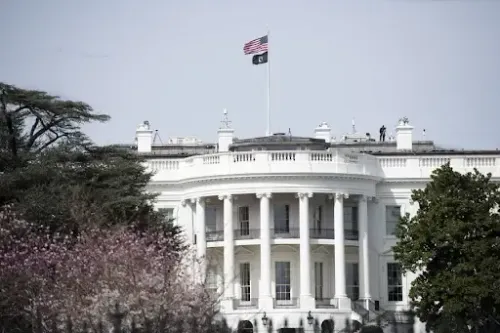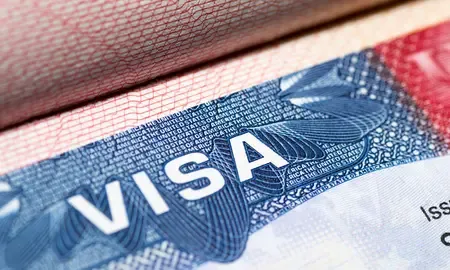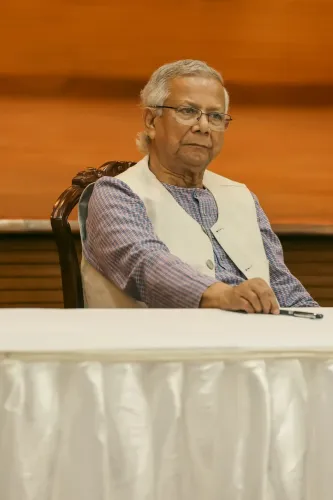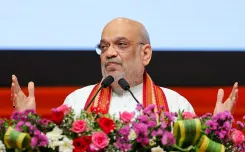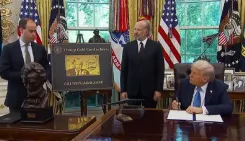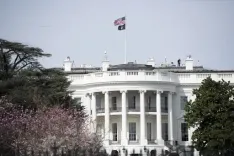Is Pakistan Facing a Water Crisis Due to Indus Treaty Suspension?
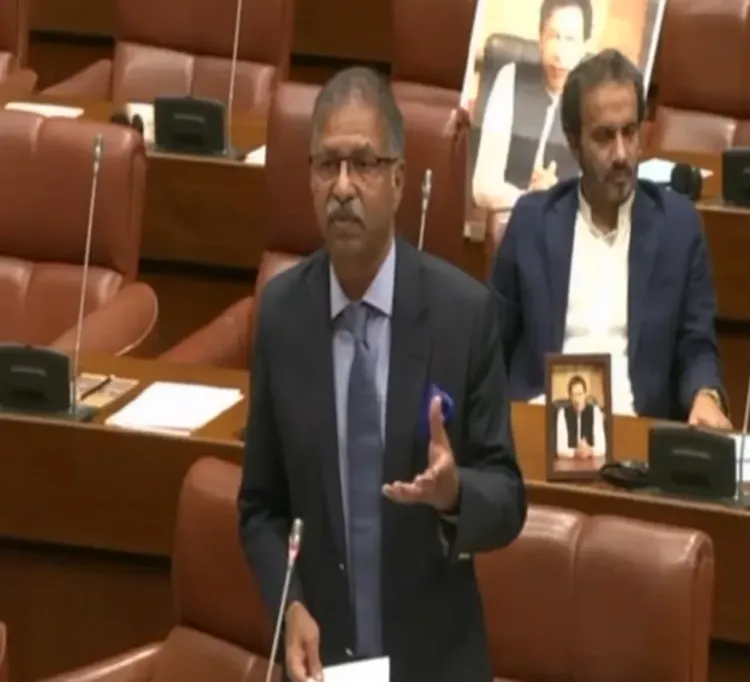
Synopsis
Key Takeaways
- Pakistan's water crisis is escalating due to treaty suspension.
- Senator Syed Ali Zafar's urgent appeal highlights the severity of the situation.
- India insists on national security before resuming treaty obligations.
- Diplomatic efforts are critical to avoid humanitarian issues.
- The future of agriculture in Pakistan hinges on water security.
Islamabad, May 23 (NationPress) Acknowledging that the nation is confronting a significant water crisis, a Pakistani senator made an urgent appeal on Friday to the Shehbaz Sharif administration to "defuse" the "water bomb" looming over the country after India put the Indus Waters Treaty (IWT) on hold, following the tragic April 22 Pahalgam terror attack that claimed the lives of 26 innocent civilians.
"If we do not address the water crisis immediately, we would perish from hunger. The Indus Basin is our lifeline; three-fourths of our water originates from outside our borders, and 90% of our population relies on the Indus water basin for their sustenance. Almost all of our agricultural production and energy projects depend on this water. This situation is akin to a water bomb hovering over us, and it is imperative to neutralize it," stated Pakistan Senator Syed Ali Zafar during a Senate Session on Friday.
The Indus Water Treaty, established in 1960, regulates the distribution of water from six rivers—Indus, Jhelum, Chenab, Ravi, Beas, and Sutlej—between India and Pakistan.
Concerned Islamabad has been pressing New Delhi to reverse its decision regarding the treaty's suspension, with the National Security Committee (NSC) of Pakistan and Deputy Prime Minister and Foreign Minister Ishaq Dar making alarming and unfounded claims in recent weeks.
However, invoking its national security interests, India has made it clear that the treaty will stay in abeyance until Islamabad "credibly and irrevocably" ceases its support for cross-border terrorism.
This decision was supported by the Cabinet Committee on Security (CCS), the highest authority on strategic matters, right after the Pahalgam terror attack, marking the first instance where New Delhi has paused this World Bank-mediated agreement.
As India initiated Operation Sindoor, Prime Minister Narendra Modi has consistently emphasized the government's unyielding stance that "water and blood cannot flow together" and "terror and talks cannot coexist".
"I want to reiterate that any bilateral discussions on Jammu and Kashmir will solely concern the withdrawal of illegally occupied Indian territory by Pakistan. Regarding the Indus Waters Treaty, I emphasize that it will remain in abeyance until Pakistan credibly and irrevocably renounces its support for cross-border terrorism. As our Prime Minister has stated, "water and blood cannot flow together, trade and terror also cannot coexist"," said Ministry of External Affairs (MEA) spokesperson Randhir Jaiswal during a media briefing in New Delhi on Thursday.
On the same day, Prime Minister Modi reiterated India's strong opposition to terrorism, asserting that there would be no negotiations or trade with Islamabad unless it relinquishes its illegal occupation of Kashmir.
"If dialogue is to occur, it will be regarding Pakistan-occupied Kashmir (PoK). If Pakistan continues to export terrorism, it will be left pleading for every resource. It will not receive a single drop of Indian water," he declared while addressing a large public gathering in Bikaner, Rajasthan, on Thursday.
PM Modi also underscored that "playing with the blood of Indians will have severe consequences for Pakistan".

